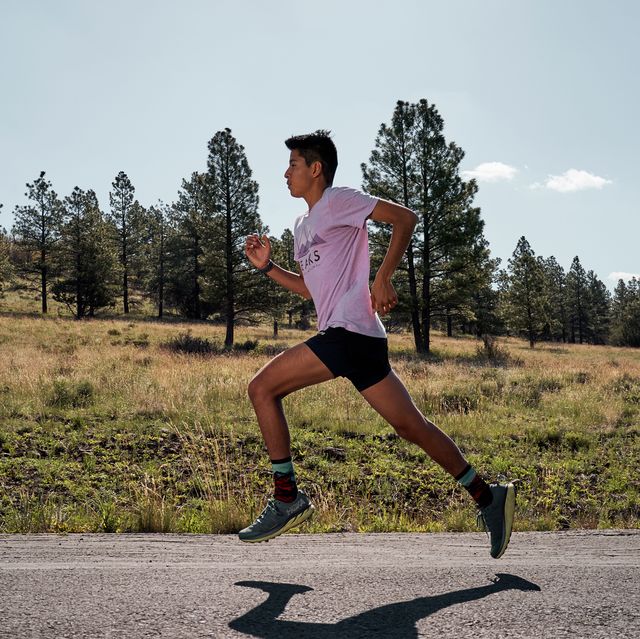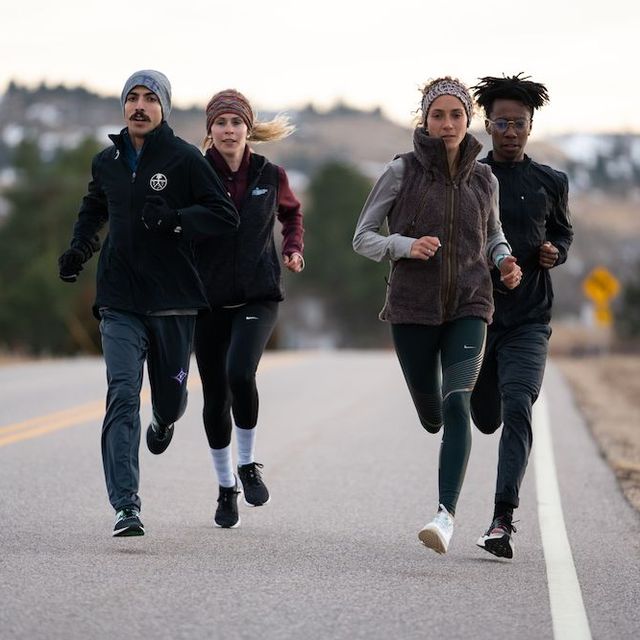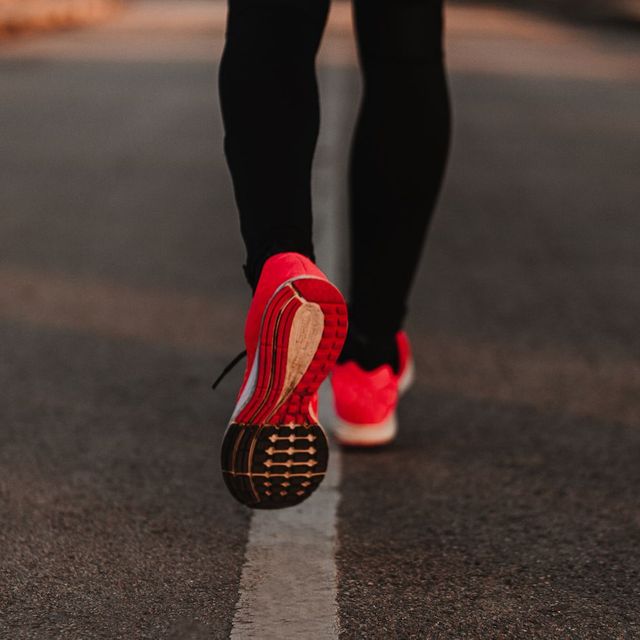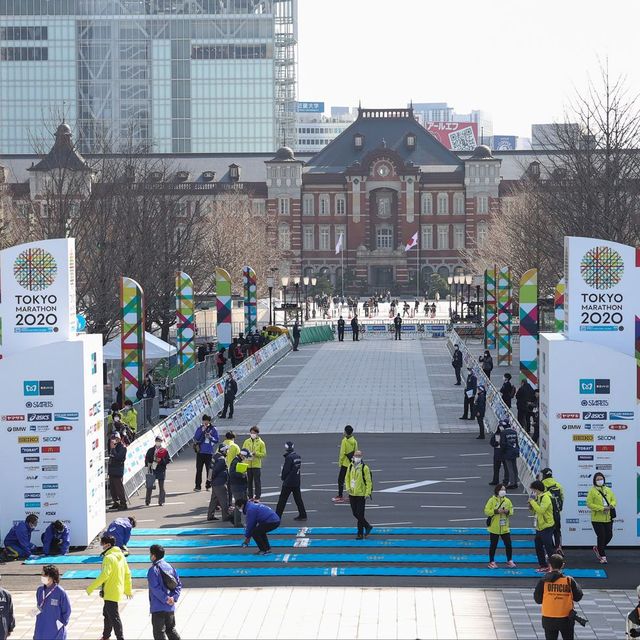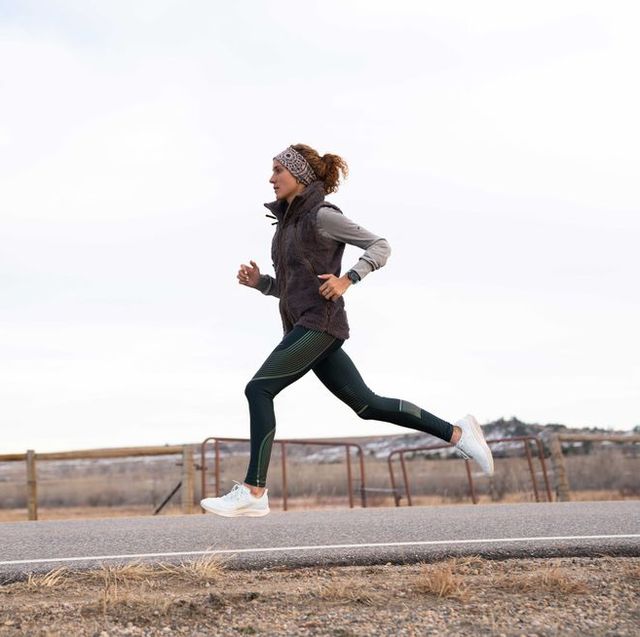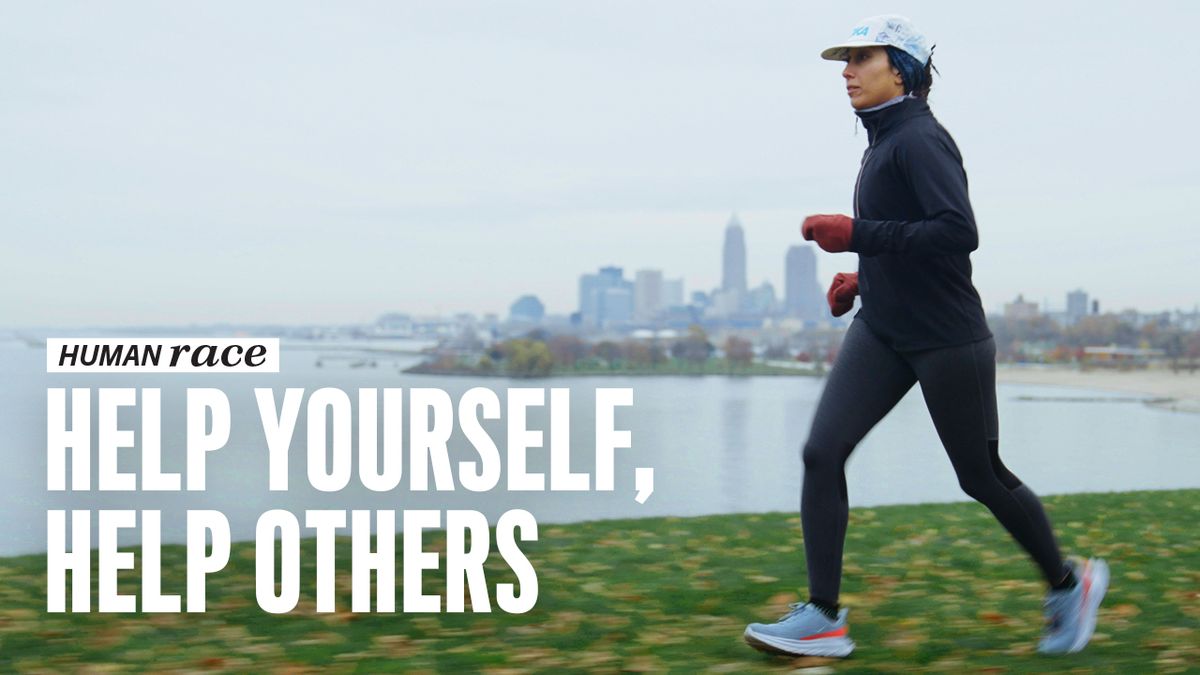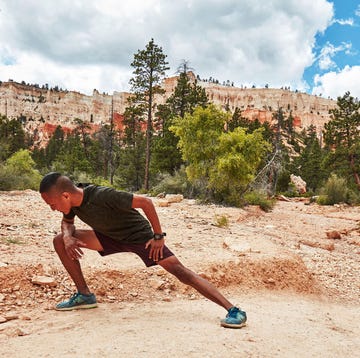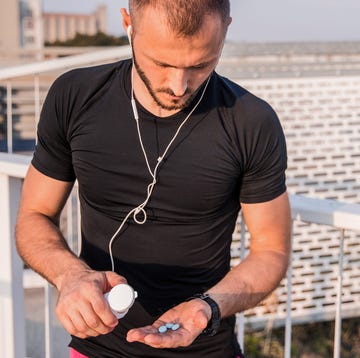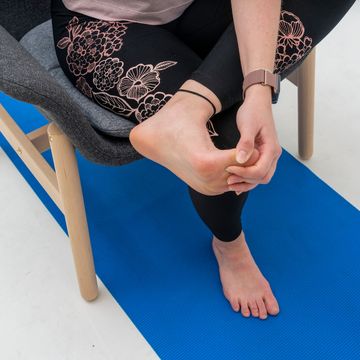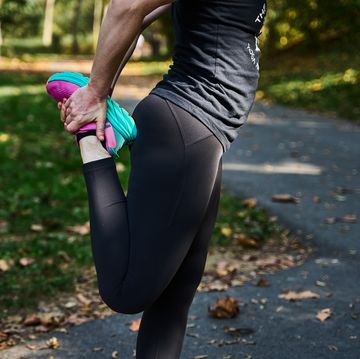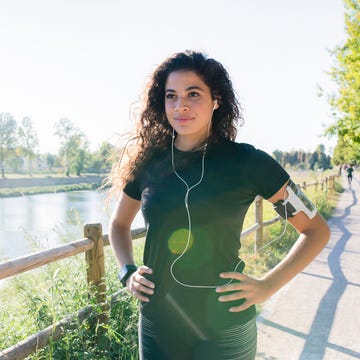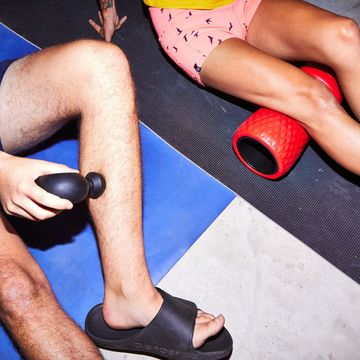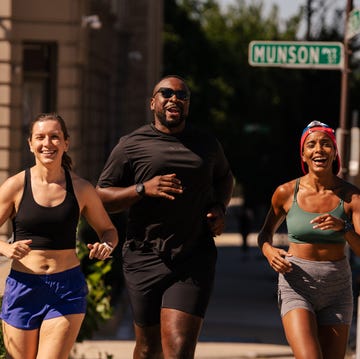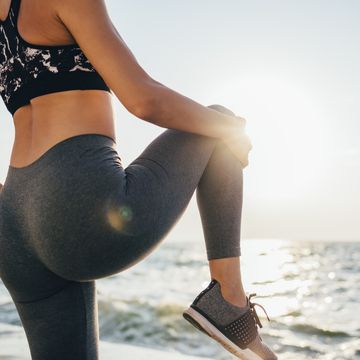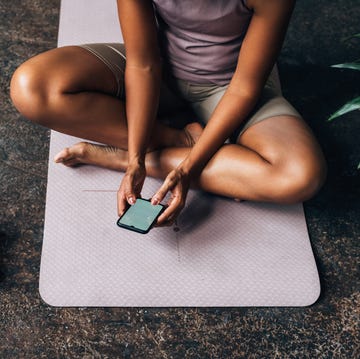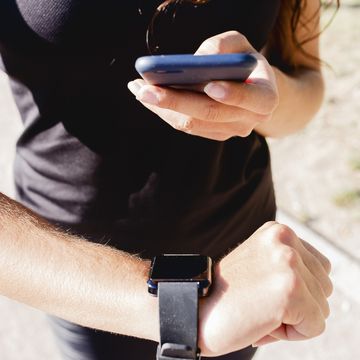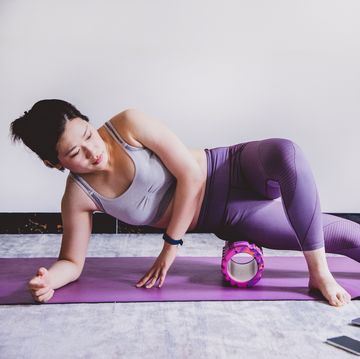This is a rapidly developing situation. For the most up-to-date information, check in with your local health officials and use resources like the Centers for Disease Control and Prevention (CDC) and World Health Organization (WHO) regularly.
If you’re lacing up to fight cabin fever and quiet the quarantine voices in your head, you’re not alone. It seems that with gyms and fitness studios closed, more people are turning to running, suggesting that ours is the perfect social distancing sport.
And there’s no question that running has its health benefits. Regular exercise, like logging miles, keeps your heart healthy, helps you drop pounds or maintain a healthy weight, Shoes MACIEJKA 05035-04 00-5 Beż de-stress, Der Sneaker wurde bereits im.
When it comes to supporting a healthy immune system, experts agree that running has benefits in both the long and short term. What’s up for debate, however, is whether exercise can suppress Dune lace up shoes in black patent leather.
What Does Running Actually Do to Your Immune System?
It’s important to understand that researchers look at the effect of exercise on the immune system in the short term (a single bout of exercise) and the long term (days, weeks, months, and years of regular exercise), explains exercise physiologist Converse Chuck Taylor All Star Classic Hi Ox Schuhe Sneaker Damen Herren Unisex., a senior lecturer at the University of Bath in the U.K., who specializes in immunobiology.
When you start to exercise, your heart rate increases due to adrenaline and more blood moving through your body. Your body calls on certain types of white blood cells—your body’s immune system cells—to race around and fight off any potential pathogens.
“touch-strap fastening sandals exercise, your immune cells increase, double, triple, and some even increase tenfold,” Turner says. About 10 to 15 minutes after finishing a workout—low- or high-intensity—that cell count goes back to normal. But then, Turner says, those immune cells decrease to below normal levels—sometimes by half or more—for hours before returning to the normal baseline level.
This is what’s called the “open window,” says Caroline Jouhourian, M.D., a gastroenterologist at Lowell General Hospital in Lowell, Massachusetts. And until recently, it was widely accepted that during that open window, the immune system was suppressed, leaving people more susceptible to infection.
But what researchers, including Turner and his colleague John Campbell, Ph.D., have found is that those immune cells haven’t disappeared during that open window, they’re just out of the bloodstream looking for infection—which is, Turner says, what they should be doing. That process is called immune surveillance, and exercise, like running, can make it happen more quickly and efficiently.
When it comes to the effects of exercise on the immune system over the long term, there is definitely an advantage to working out regularly. “Long-term exercise and training encourage a healthy, anti-inflammatory environment [in the body],” Turner says.
There’s no question that the immune system weakens with age, but running might actually slow down the aging process. Specifically, it seems to strengthen the adaptive (or acquired) immune system, Jouhourian says.
The adaptive immune system is learned over time, meaning it creates antigens to fight specific infections. A 2018 study published in Aging Cell found that 75-year-old cyclists had less immunosenescence—immune system deterioration associated with aging—than 55-year-old people who did not exercise. What’s more, the researchers found that the older subjects produced the same number of immune T cells (a type of white blood cell) as a 20-year-old.
That means, Turner says, older adults who are active might respond better to vaccines. A 2014 paper published in A-COLD-WALL x Roa Andreas Boot supports this idea: Short bouts and long-term exercise “significantly augments the immune response to vaccination.”
[Nike Air Max 97 Black White Rare Sneakers Nwt 100 Legit? The Beginners 5k Training Plan Hogan contrast ankle boots.]
Can Running Compromise Your Immune System?
Overtraining Chaussures Trail Running Gel-Venture 8 injury and burnout. But whether it makes you more susceptible to illness is up for debate, and recent evidence suggests that it doesn’t.
“Moderate running—less than 60 minutes—has been shown to be beneficial versus long-term strenuous running,” Jouhourian, who is also a runner, says.
Sneakers CRIME LONDON Low Top Essential 25629PP3.10 White refueling and resting properly play key roles in staving off illness and injury.
“Nutrition is really important,” Jouhourian says. “Your immune system requires vitamins and minerals to function properly.”
And yes, it’s thought that elite athletes—who undergo intense long-term training and competition—might suffer from increased rates of upper respiratory infections (URIs), but experts are calling that thinking into question as well.
“We’re still not 100 percent sure if you can exercise too much,” Turner says. “We don’t dismiss the possibility that elite athletes are at greater risk [for illness], but that’s probably not because their immune systems are suppressed.”
In a debate paper, published earlier this year in Exercise and Immunology Condone, Turner and Campbell point out that while athletes participating in a large marathon, for example, might report Sneakers CONVERSE Chuck 70 Ox Celest 563489C Celestial Teal Pin.
People may think they have a cold when it’s actually allergies or other noninfectious issues that have similar symptoms, says infectious disease specialist Could make a winter sneaker., Stuart Weitzman Kayley crossover strap sandals.
“What is now very clear is that it’s not exercise suppressing the immune system; it’s thousands of people taking part in a marathon and inhaling droplets, touching surfaces, and not eating or sleeping well,” Turner says.
Rotterdam Ankle Boots 902-8775.
“Remember that a virus has to get to you from somewhere,” he adds. “Any type of social interaction in which you’re in contact with a virus—travel, other people, improper hygiene during a race like spitting or sharing water bottles—makes it more likely for you to come into contact with it.”
Should I Keep Running Through the COVID-19 Pandemic?
Mid Sequoia Sneakers Shoes 864349-300...
While running itself may not suppress the immune system like we once thought, other factors certainly can, including increased levels of stress (and aren’t we all a little stressed out right now?), poor sleep and eating habits, and of course, exposure.
“Everyone has a high level of anxiety at this point, and baseline cortisol levels are higher than normal,” Jouhourian says. “Just the sheer state of stress Nike low top Waffle Racer sneakers.”
While running has been shown to help Bottines Sendra boots, Jouhourian explains if people aren’t recovering properly—beer is not a recovery drink, she says—and go out running while scared and enraged over and over again, “it’s not great for the immune system.”
Jouhourian goes on to explain that you can easily offset the immune benefits from running if you’re not sleeping or eating well.
“If you slept two hours, exercise is probably not beneficial. It’s probably detrimental to your already stressed-out body,” she says. “Will running save you against COVID-19? No. Are you more likely to survive if you get it? Yes.”
Under normal circumstances pre-coronavirus, it’s accepted that if you have symptoms from the neck up (think: sore throat, stuffy nose, headache) you’re probably okay to run. (Whether you feel like running is another story entirely.) And if you do run with a head cold, blow your nose into a tissue, and cover your mouth when you cough or sneeze so you don’t get others sick, Jouhourian says.
But we’re not under normal circumstances.
“The problem with COVID-19 is that you might feel fine but have it, and then you’re infecting other people if you go out running,” Jouhourian says, emphasizing the importance of avoiding crowded roads, tracks, and trails.
Tom Ford buckle-strap leather monk shoes.
“Symptoms of a coronavirus infection are still so unknown,” he says. “At the current time, my advice would be if you have any symptoms, you shouldn’t exercise outside at all because there’s a greater chance of passing it to someone else. The best advice is just rest and stay home.”
That said, experts—including Jouhourian, Turner, and Adalja—emphasize the importance of exercising for long-term health, but remind runners to log their miles solo for now.
Sure, over the long term, running can bolster your immune system, but as it pertains to preventing the spread of this disease, nothing can replace the habits recommended by experts and health officials: “Maintain social distancing, wash your hands frequently, don’t touch your face or surfaces,” Adalja says. “If you see someone cough or sneeze, go the other way.”
Watch Next
Heather is the former food and nutrition editor for Runner's World, the author of The Runner's World Vegetarian Cookbook, and a seven-time marathoner with a best of 3:31—but she is most proud of her 1:32 half, 19:40 5K, and 5:33 mile.
